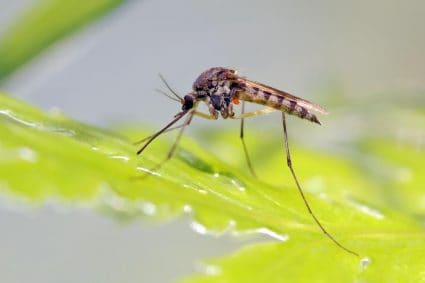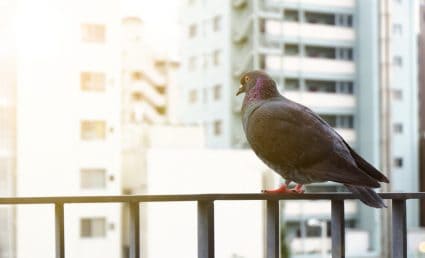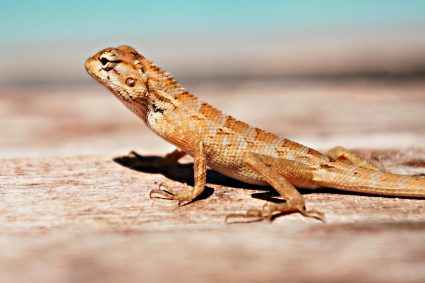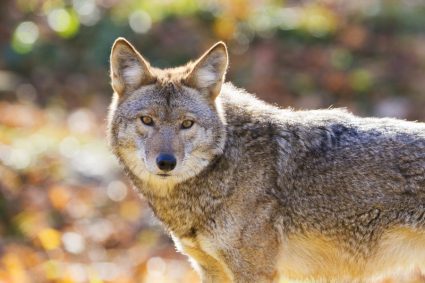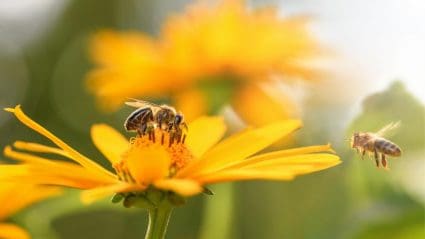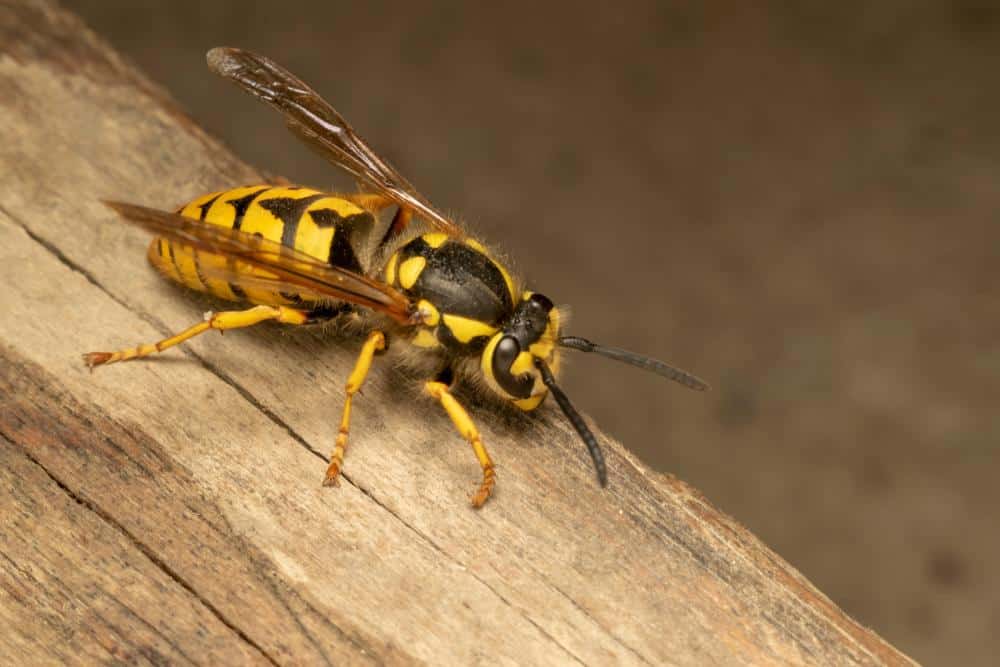
Yellow jackets, known for their distinctive yellow and black markings, are predatory social wasps that can pose a significant nuisance, particularly during summer picnics and outdoor gatherings. They can be aggressive when defending their nests, delivering painful and repeated stings. This article will delve into the various methods you can employ to repel these stinging insects, including natural repellents, commercial products, and preventative measures.
To repel yellow jackets, you can use natural repellents like essential oil mixes, peppermint oil, wasp-repellent plants, and decoy nests. Commercial products like PT Wasp Freeze Aerosol and Wasp-X Wasp and Hornet Spray can also be effective. Preventative measures include keeping food covered, eliminating sweet smells, and using peppermint oil or mint plants to deter nesting. If an infestation is severe, consider hiring a professional pest control service.
Understanding Yellow Jackets
Yellow jackets typically build nests underground or in cavities, making them difficult to detect until you’re in close proximity. They’re often mistaken for bees due to their similar size and coloration, but unlike bees, yellow jackets can sting repeatedly. They’re attracted to protein and sweet foods, making your outdoor barbecue or picnic a prime target.
Natural Repellents
Several natural repellents can help keep yellow jackets at bay.
Essential Oil Mixes
A blend of essential oils such as clove, geranium, lemongrass, and rosemary can create a potent deterrent. Combine these oils with distilled water and witch hazel in a spray bottle, and apply the mixture to your clothing when outdoors.
Peppermint Oil
Peppermint oil serves as a natural repellent against stinging insects. You can apply it directly onto your skin or mix it with warm water and dish soap to create a spray.
Wasp-Repellent Plants
Plants like eucalyptus, spearmint, or thyme can deter yellow jackets. Plant these in your garden or use their essential oils as natural repellents.
Decoy Nests
Yellow jackets are territorial and will avoid areas with existing nests. Hanging a decoy nest in your yard can help deter these insects.
Commercial Products
If natural methods aren’t sufficient, various commercial products can help control and repel yellow jackets. PT Wasp Freeze Aerosol, Wasp-X Wasp and Hornet Spray, RESCUE! Yellowjacket Repellent DecoShield, and non-toxic wasp traps are a few examples. Remember to follow the instructions on the product labels and use them safely.
Preventing Yellow Jacket Nests
Preventing yellow jackets from nesting in your yard or home is an effective way to manage their population. Keep food inside or covered, eliminate sweet smells on your property, and keep trash cans closed. Planting mint near your home or using a mixture of peppermint oil, dish soap, and warm water can also deter yellow jackets from nesting nearby.
Risks and Dangers
Repelling yellow jackets isn’t without risks. They can be aggressive, particularly when their nest is disturbed, and their stings can cause allergic reactions. If you’re dealing with a severe infestation or are unsure about handling these insects, it’s advisable to call a professional pest control service.
Remember, yellow jackets play an important role in controlling other insect populations. Therefore, finding a balance between repelling them and allowing them to fulfill their ecological roles is essential.
To learn more about yellow jackets and wasp control, check out this comprehensive guide.
Frequently Asked Questions
What is the lifespan of a yellow jacket?
The lifespan of a yellow jacket varies depending on its role within the colony. Workers, which are all females, usually live about one month, while the queens can live up to one year. Males, which are only produced in late summer for mating, die soon after.
Are yellow jackets more aggressive at certain times of the year?
Yes, yellow jackets tend to be more aggressive in late summer and early fall. This is when their colony size is largest and they are searching for food to sustain the queen through the winter.
Can yellow jackets sting more than once?
Unlike bees, yellow jackets can sting multiple times. This is because their stingers are not barbed and do not get stuck in the skin of their victims.
Are all yellow jackets pests?
While yellow jackets can be a nuisance, especially during outdoor activities, they also play an important role in the ecosystem by controlling other insect populations. Therefore, they are not considered pests in all situations.
What should I do if I get stung by a yellow jacket?
If you get stung by a yellow jacket, you should clean the area with soap and water, apply a cold pack to reduce swelling, and consider taking an over-the-counter pain reliever. If you experience symptoms of an allergic reaction, such as difficulty breathing, hives, or swelling of the face, lips, or throat, seek medical attention immediately.

